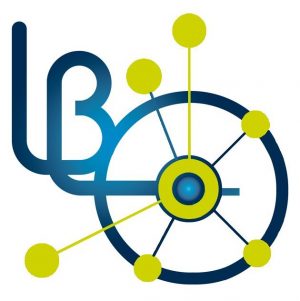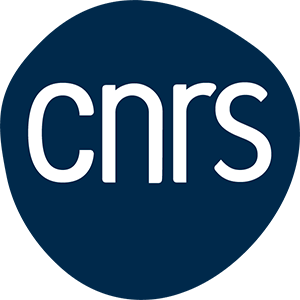Thesis
Topological magnons in quantum materials
Solid state physics, surfaces and interfaces
Radiation-matter interactions
Topology has become an essential paradigm in condensed matter, making it possible to classify phases of matter according to properties that are invariant under continuous deformations. Early research has mainly focused on electronic band structures, leading to the discovery of “topological insulators” for example. However, there is growing interest in applying topological concepts to bosons, in particular magnons. Magnons, which are collective excitations in magnetic materials, illustrate how topology influences magnetic dynamics and affects heat and spin transport. Analogues of topological insulators and semi-metals appear in their band structures. Magnons thus offer a platform for studying the interplay between magnetic symmetries and topology, examining the effect of interactions on topological bands, and generating protected spin currents at interfaces. The search for materials containing topological magnons is therefore crucial, especially for applications in magnonics, which exploit spin waves for fast data storage and processing.
This thesis project is dedicated to exploring these topological aspects in candidate quantum materials using neutron and X-ray scattering techniques in large scale facilities (ILL, ESRF, SOLEIL) to probe the magnon band structure in search of topological features such as Dirac or Weyl points. Experimental results will be supported by numerical and theoretical calculations of magnonic bands incorporating topological concepts.
This thesis project is dedicated to exploring these topological aspects in candidate quantum materials using neutron and X-ray scattering techniques in large scale facilities (ILL, ESRF, SOLEIL) to probe the magnon band structure in search of topological features such as Dirac or Weyl points. Experimental results will be supported by numerical and theoretical calculations of magnonic bands incorporating topological concepts.
SL-DRF-25-0313
M2 Physique de la matière condensée (e.g. ICFP)
October 1 2025
Paris Sud
Physique en Île-de-France (EDPIF)
Saclay
CEA
Direction de la Recherche Fondamentale
Institut rayonnement et matière de Saclay
Laboratoire Léon Brillouin
Nouvelles Frontières dans les Matériaux Quantiques



